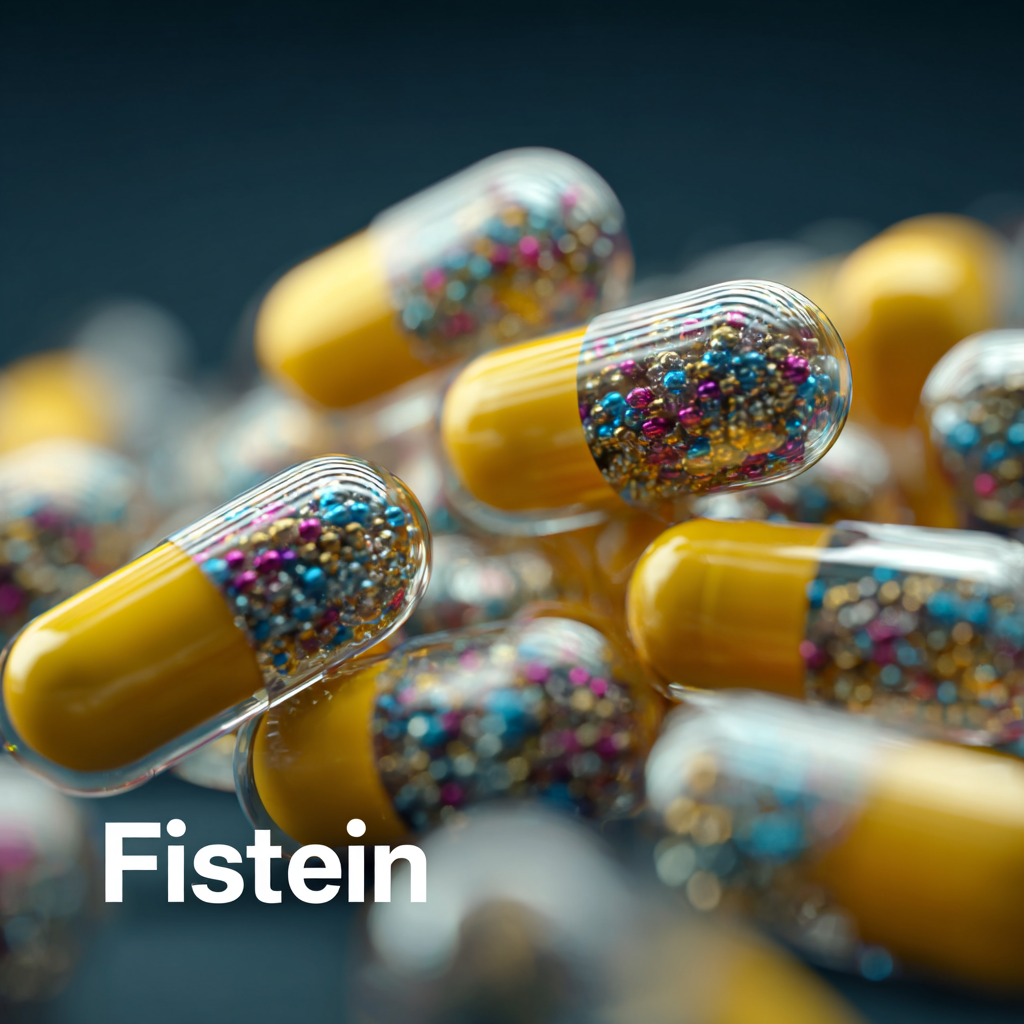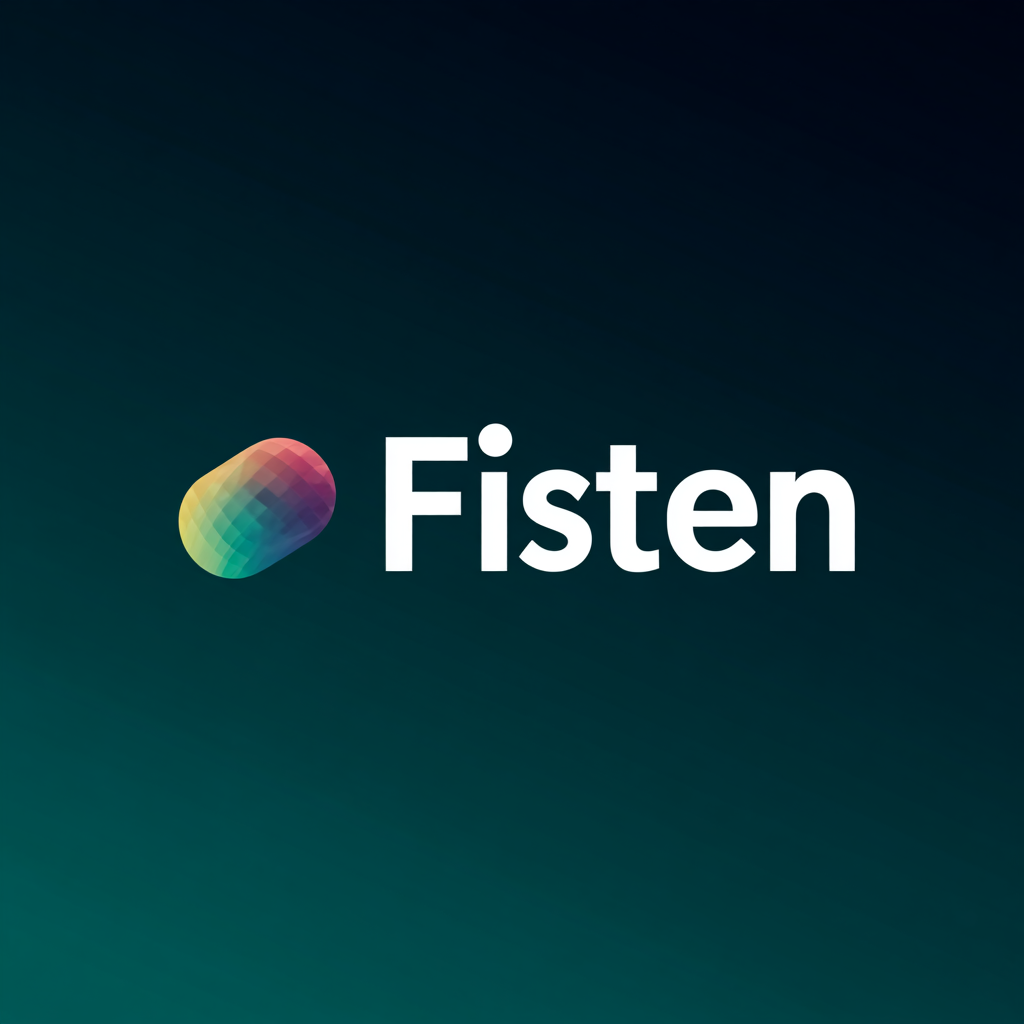Exploring Alternative Sources of Best Fisetin for Global Procurement Managers
In recent years, Fisetin has emerged as a promising flavonoid increasingly sought after in various health and wellness sectors for its anti-inflammatory and antioxidant properties. According to a report by Grand View Research, the global flavonoid market is expected to reach USD 2.81 billion by 2025, illustrating a burgeoning demand for natural compounds like Fisetin. As procurement managers worldwide navigate the complexities of sourcing high-quality raw materials, understanding the alternative sources of Fisetin becomes paramount.

This exploration not only aligns with the growing trend towards natural supplements but also addresses the pressing need for transparency and sustainability in supply chains. With increasing evidence supporting Fisetin's potential benefits, including neuroprotective effects and cellular health promotion, it is crucial for procurement professionals to stay updated on the best practices and sources for this valuable compound, ensuring they meet market demands effectively and responsibly.
Emerging Technologies Impacting Fisetin Production and Procurement in 2025
As we look toward 2025, emerging technologies are poised to significantly alter the landscape of fisetin production and procurement. Advances in biotechnology, such as synthetic biology, are enabling the creation of fisetin through engineered microorganisms. This method promises not only higher yields but also the potential for reducing the environmental impact associated with traditional agricultural practices. By harnessing these innovative techniques, companies can ensure a more reliable supply of fisetin, meeting the growing demand in sectors like health and wellness.

Furthermore, advancements in supply chain technologies, including blockchain and AI-driven analytics, are transforming the way procurement managers operate. These tools enhance traceability and transparency, allowing for more informed decision-making in sourcing fisetin. By utilizing these technologies, procurement managers can mitigate risks associated with supply chain disruptions and ensure compliance with sustainability standards. Consequently, these emerging technologies will not only influence the efficiency of fisetin procurement but also contribute to building a more resilient and sustainable supply chain by 2025.
Sustainable Sourcing Strategies for Global Procurement Managers of Fisetin
In the quest for sustainable sourcing strategies, global procurement managers need to explore alternative avenues for acquiring fisetin, a renowned flavonoid celebrated for its potential health benefits. Traditional sourcing methods often overlook smaller, specialized suppliers who may offer higher-quality, sustainably harvested fisetin. By developing relationships with these suppliers, procurement managers can ensure a more ethical supply chain while also diversifying their sources. This approach not only increases resilience against market fluctuations but also fosters innovation in procurement practices.
Additionally, embracing sustainability goes beyond just choosing the right suppliers; it requires a holistic approach to the supply chain. For instance, considering the environmental impact of fisetin production can lead to more informed choices, such as opting for organic and regenerative farming practices. Integrating sustainability criteria into procurement policies encourages suppliers to adhere to environmental standards, ultimately leading to a more responsible sourcing framework. By prioritizing these strategies, global procurement managers can help pave the way for a greener future while efficiently meeting the growing demand for fisetin.
Key Market Trends Influencing Global Demand for Fisetin by 2025
The global demand for fisetin, a naturally occurring flavonoid found in various fruits and vegetables, is poised for significant growth by 2025. Key market trends influencing this demand include rising health consciousness, increased research on the compound's potential therapeutic benefits, and a shift towards plant-based dietary supplements. According to a recent report by Grand View Research, the global flavonoid market is projected to reach USD 600 million by 2025, with fisetin playing a crucial role in this expansion due to its promising applications in health supplements and functional foods.
To capitalize on these trends, procurement managers should prioritize sourcing fisetin from reputable suppliers who emphasize quality and sustainability. It's essential to stay informed about the latest research developments, as studies continue to unveil fisetin's antioxidant properties and potential role in neuroprotection and longevity.
Tip: Engage with industry experts and attend health and wellness expos to gain insights into innovative sourcing strategies and emerging suppliers. Additionally, regularly reviewing research publications will help in understanding how evolving consumer preferences and scientific findings can shape sourcing decisions for fisetin. Stay proactive to ensure you can meet the increasing demand effectively.
Innovative Supply Chain Solutions for Efficient Fisetin Acquisition
In the quest for high-quality fisetin, global procurement managers are increasingly turning to innovative supply chain solutions to enhance efficiency and reduce costs. According to a recent report by Grand View Research, the global flavonoid market, which includes fisetin, is expected to reach
$1.5 billion by 2027, growing at a CAGR of 5.5%. This growth underscores the need for procurement departments to explore alternative sources of fisetin beyond traditional suppliers, thereby diversifying their supply chains to mitigate risks associated with single-source dependencies.
Emerging technologies, such as blockchain and artificial intelligence, are playing a pivotal role in optimizing the fisetin supply chain. Research from Gartner indicates that organizations employing AI-driven supply chain management can improve their sourcing efficiency by up to 20%. By leveraging these technologies, procurement managers can gain better visibility into their supply chains, ensuring quality control and traceability of fisetin sources. Furthermore, adopting collaborative sourcing strategies involving multiple suppliers can lead to better negotiation leverage and cost-effectiveness in the acquisition of this vital compound.
Best Practices for Evaluating Alternative Fisetin Suppliers Globally
When evaluating alternative fisetin suppliers globally, procurement managers should prioritize a comprehensive assessment process. This begins with verifying the supplier's credentials and certifications. It's essential to ensure that they comply with industry standards and regulations, reflecting their commitment to quality. A thorough background check can include reviewing their production processes, sourcing methods, and adherence to sustainability practices, as these factors not only impact product quality but also align with growing global sustainability objectives.

In addition, engaging in direct communication with potential suppliers is crucial. Asking targeted questions about their sourcing strategies, lead times, and quality control measures can provide deeper insights into their operational reliability. Furthermore, requesting samples and conducting third-party testing can help to ascertain the fisetin's potency and purity. Establishing strong relationships with suppliers through regular consultations can also enhance negotiation leverage and create a foundation for ongoing collaboration, ensuring a stable supply chain for high-quality fisetin.

About Us
Products
Nutraceuticals
Botanical Extracts
Berberis Extract
Ginkgo Biloba Extract
Rutin
Quercetin
Grape Seed Extract
European Bilberry Extract
Broccoli Seed Extract
Fisetin
Ajuga Extract
Resveratrol
Stevia Leaf Extract
Green Tea Extract
Olive Leaf Extract
Epimedium Extract
Rhodiola Rosea Extract
Panax Ginseng Extract
Pomegranate Extract
Garlic Extract
Milk Thistle Extract
Black Pepper Extract
Fruit & Vegetable Juice Powder
Customized Service
News
Blog
Contact Us


